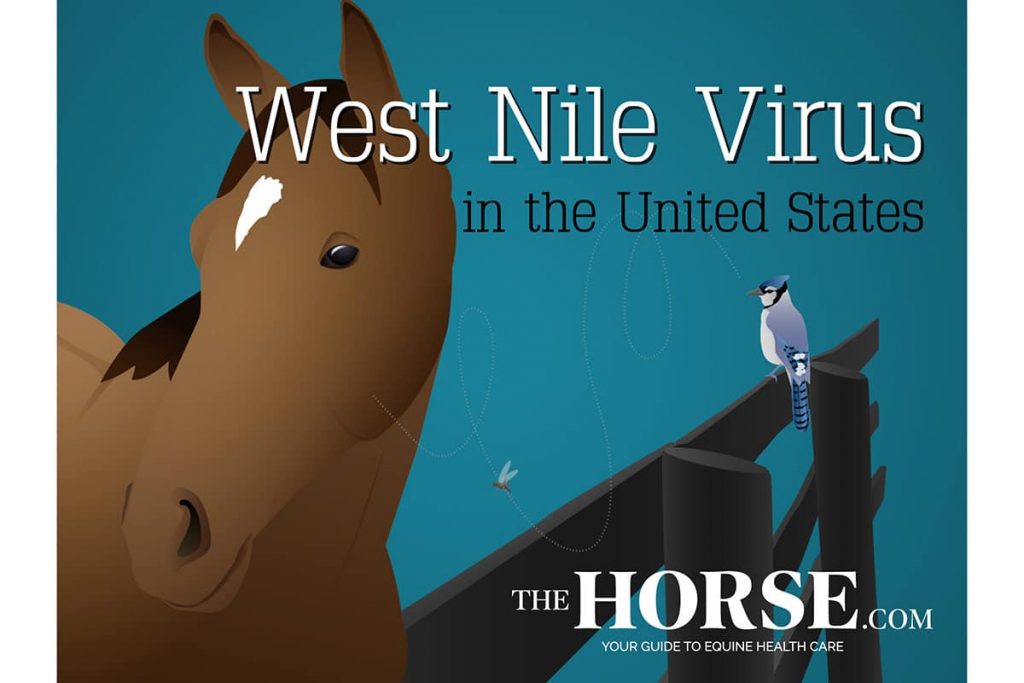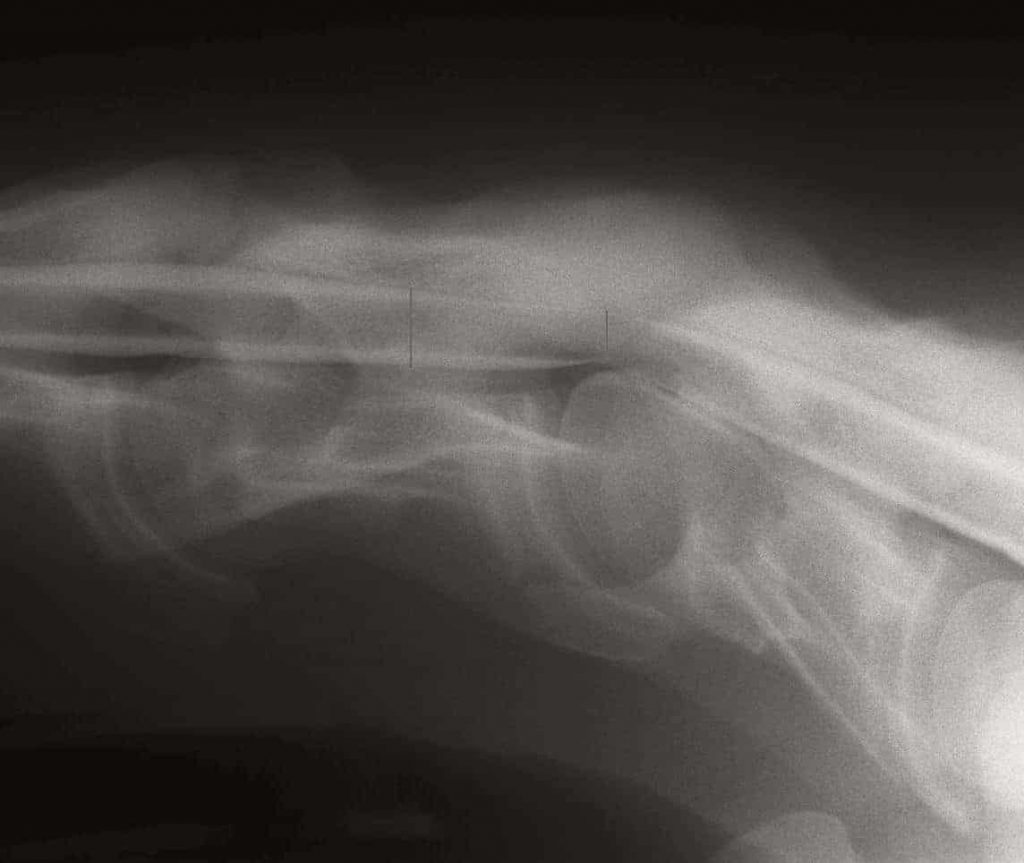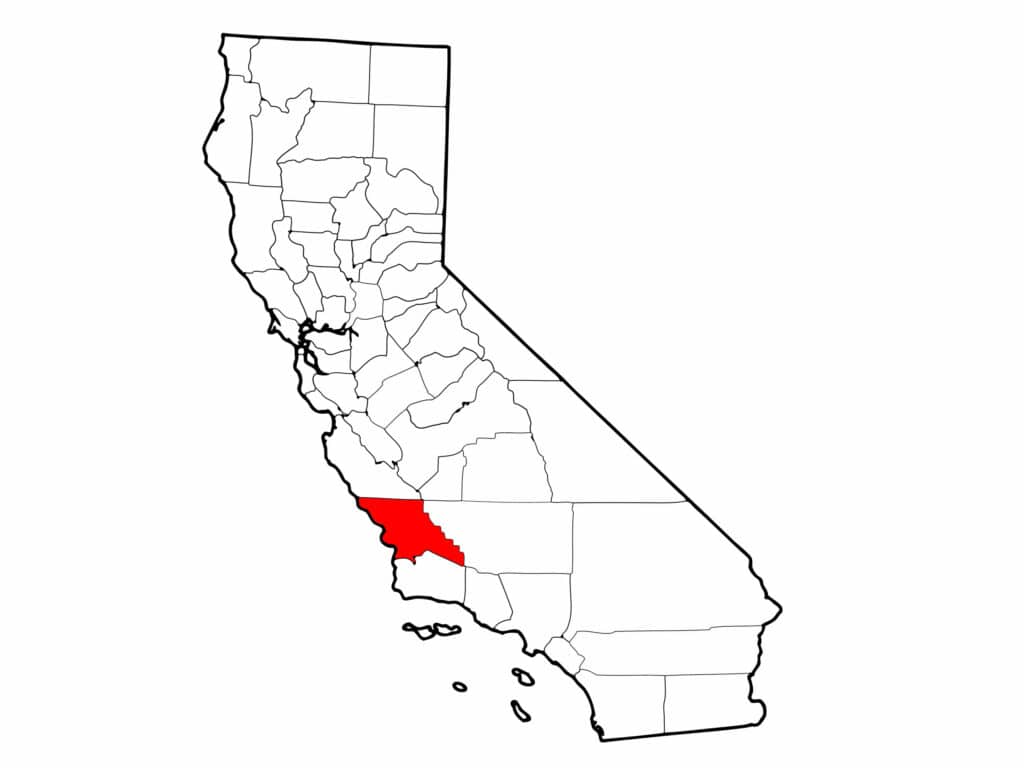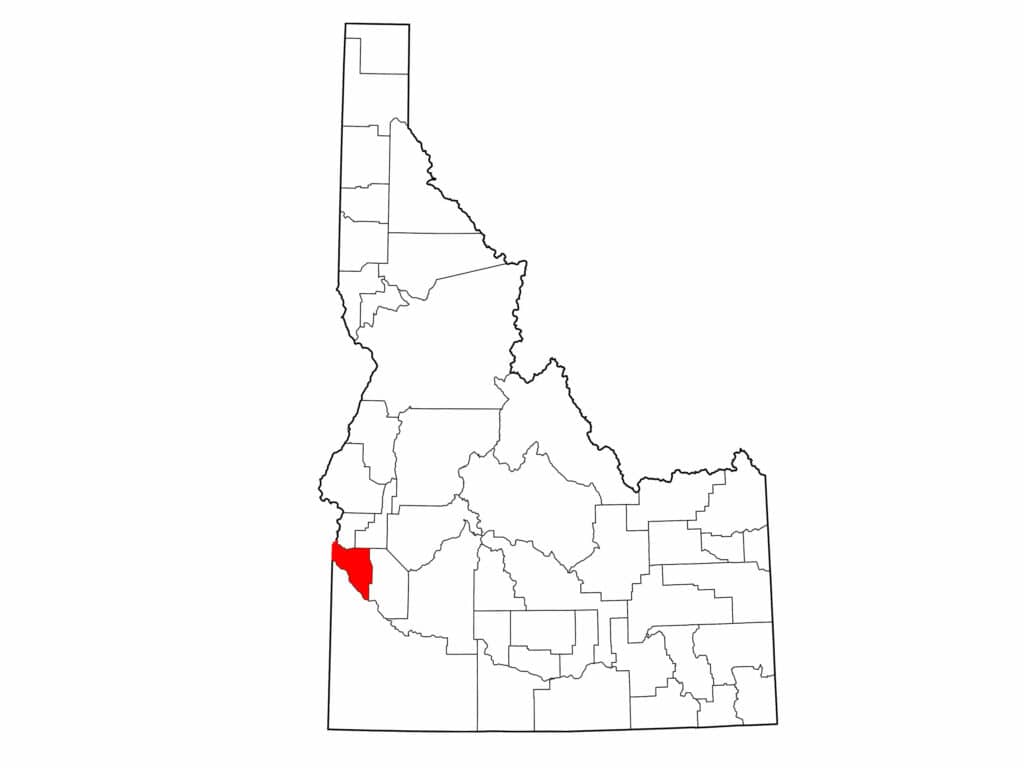
3 Neurologic Equine Diseases to Know
These difficult-to-diagnose conditions can undermine a horse’s balance and coordination.

These difficult-to-diagnose conditions can undermine a horse’s balance and coordination.

The decision about riding horses recovering from EPM and other diseases, one vet says, involves balancing rider safety, liability concerns, and animal welfare.

West Nile virus has infected more than 29,000 U.S. horses since 1999. Learn about the disease and how to protect your horses in this updated interactive feature.

Equine protozoal myeloencephalitis is a progressive and potentially fatal neurologic disease in horses caused by protozoal microorganisms, most commonly S. neurona. Sponsored by Marquis.

With proper treatment and rehabilitation, horses with neurologic conditions such as EPM and EHM can recover and live happy and healthy lives.

Cervical vertebral malformation and EPM can cause neurologic disease in horses at the same time.

Pathologists detected S. neurona DNA in preserved tissue from horses with acute and chronic neurologic disease, with and without EPM treatment history.

Learn about the American Association of Equine Practitioners’ recommended core and risk-based horse vaccines in this handy special report. Sponsored by Boehringer Ingelheim.

Once-weekly Protazil administration achieved steady-state plasma concentrations known to inhibit S. neurona, which causes EPM in horses.

Performing a serum:cerebrospinal fluid titer ratio to confirm/rule out EPM in horses (versus treating without that test) substantially decreased cost for the owner.

Regular, strategic vaccination is a safe, effective method to greatly minimize the chances of deadly diseases impacting your herd.

Determining a horse’s cause of neck pain can help ensure he receives the correct treatment.

Dr. Lutz Goehring weighs in on what researchers have learned about equine herpesvirus-1, how it spreads, and how to prevent infection.

The stallion was likely exposed to WNV in Mexico before arriving in the U.S.

The Canyon County gelding is recovering.

The Oneida County gelding had recently returned from Utah.
Stay on top of the most recent Horse Health news with
"*" indicates required fields